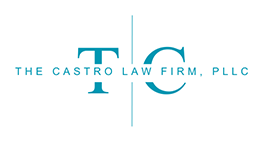The role of an estate executor comes with specific duties and obligations that must be diligently fulfilled. Typically, the executor is named in the will. If there is no will, the court will appoint an executor, often a close family member or trusted individual.
Regardless of how the executor is determined, they must handle some very specific duties. Their top priority is to follow the decedent’s wishes while protecting the interests of the heirs.
Inventory and appraisal of assets
One of the primary duties of an estate executor is to take inventory and appraise the assets of the deceased individual’s estate. This includes identifying and valuing all properties, possessions, financial accounts and investments.
Paying debts and taxes
The executor is responsible for ensuring that the deceased person’s outstanding debts and taxes are paid from the estate’s assets. This includes notifying creditors and managing the payment of valid claims.
Distribution of assets
Once debts and taxes are settled, the executor is tasked with distributing the remaining assets to the beneficiaries named in the will. During the estate settlement process, the executor may need to manage and protect the estate’s assets. This may involve making investment decisions, maintaining real estate or even operating a family business temporarily.
Accounting and reporting
An executor in Florida must keep accurate records of all financial transactions related to the estate. This includes income, expenses, and distributions. Periodic accounting and reporting to the court and beneficiaries may be required.
The executor’s ultimate duty is to close the estate, which involves obtaining court approval for the final distribution of assets, ensuring that all legal requirements have been met and filing the necessary closing documents with the court.
